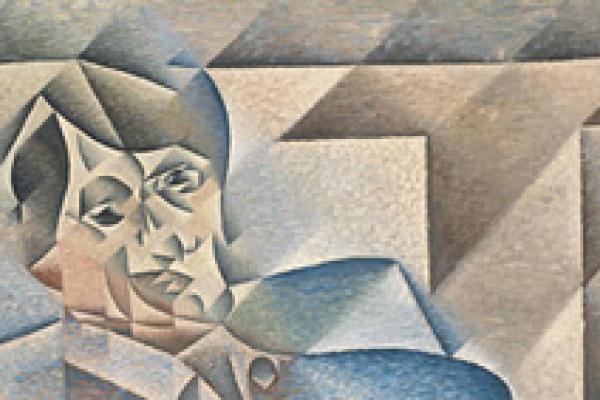Article


Pandemics and psychology
Can you capture people's behaviour in epidemiological models?


Mathematicians and psychologists don't cross paths that often and when they do you wouldn't expect it to involve an (apparently) unassuming puzzle like the Tower of Hanoi. Yet, the puzzle holds fascination in both fields.
In March 2011 a highly respected psychology journal published a paper claiming to provide evidence for extra-sensory perception (ESP). The claim was based largely on the results of a very common statistical procedure called significance testing. The experiments provide an excellent way into looking at how significance testing works and at what's problematic about it.